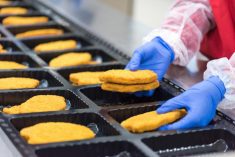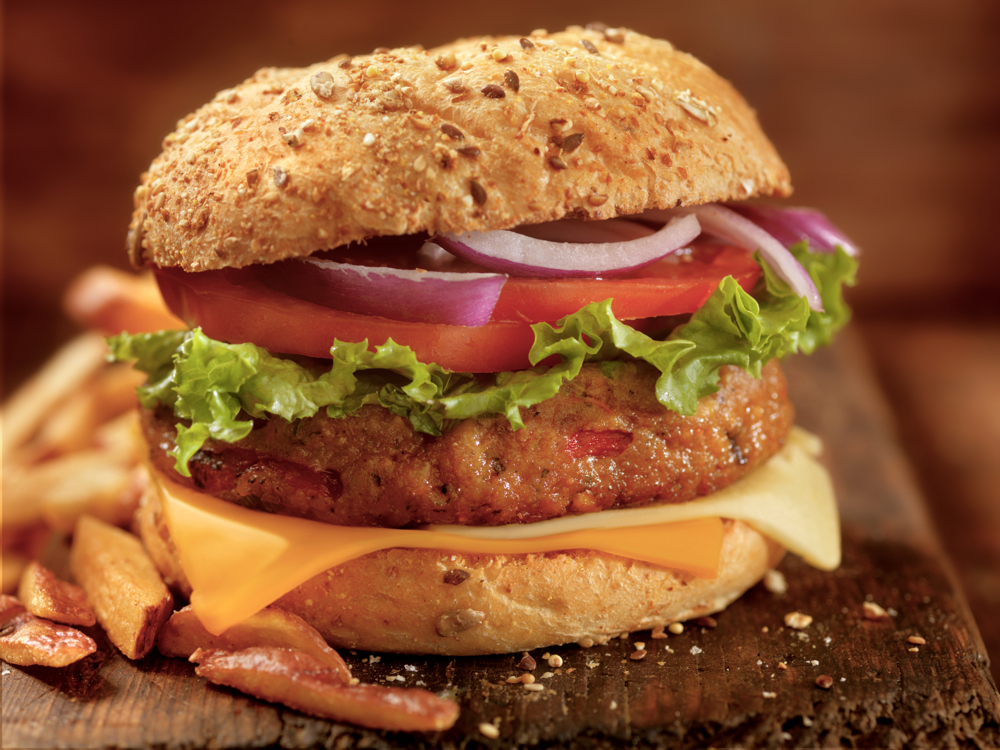London | Reuters — Anglo-Dutch consumer group Unilever has invited private-equity bidders to submit tentative offers for its US$8 billion margarine and spreads business by a deadline of Oct. 19, two sources close to the matter told Reuters.
The business includes the brands Stork and Flora, the latter of which is sold under the name Becel in Canada and several European countries, and as Promise in the U.S.
The sale of the business officially kicked off in late September, with Unilever’s banks sending out confidential information to a series of heavyweight buyout funds which have been working on this deal since the start of the summer, the sources said.
Read Also

Dryness poised to threaten Saskatchewan crops
Crops in Saskatchewan are developing in opposite directions, the province’s latest crop report said. Growing conditions in the province vary, with some areas receiving enough rain while other locations are experiencing crop stress due to hot, dry conditions.
The auction has been dominated by private equity firms which have been lured by the unit’s strong profit margins. But the valuation might prove difficult, as Western consumers cut back on bread and margarine, the sources said.
International investors have teamed up in three rival consortiums consisting of Bain Capital and Clayton Dubilier + Rice (CD+R) as part of one group, Blackstone and CVC Capital Partners as part of a rival group, and KKR joining forces with Singapore’s sovereign wealth fund GIC.
U.S. investment fund Apollo was instead looking to bid alone, the sources said.
Industry players including U.S. agricultural trader Archer Daniels Midland have decided against bidding, the sources added.
Blackstone, CD+R, Bain, CVC, KKR and Apollo declined to comment, while Unilever and GIC were not immediately available for comment.
The sale, which is led by Morgan Stanley and Goldman Sachs, could fetch as much as six billion pounds (C$9.9 billion/US$7.8 billion) and was expected to wrap up toward the end of 2017, the sources said.
In its bid to exit from the shrinking margarine business, Unilever agreed last month to exchange its spreads unit in South Africa for Remgro’s 26 per cent stake in Unilever’s South African subsidiary, a deal worth US$900 million.
The consumer giant has been working hard to boost its margins and performance after rebuffing a surprise US$143 billion takeover bid from Kraft Heinz this year.
Unilever’s underlying operating margin improved 180 basis points to 17.8 per cent in the last six months, helped by an acceleration of cost-savings programmes, and a 130-basis point drop in brand and marketing spending.
On Sept. 25, Unilever made a 2.27 billion-euro (C$3.3 billion) swoop on fast-growing cosmetics company Carver Korea in a bid to build a global beauty business.
— Reporting for Reuters by Pamela Barbaglia, Dasha Afanasieva and Clara Denina.



















